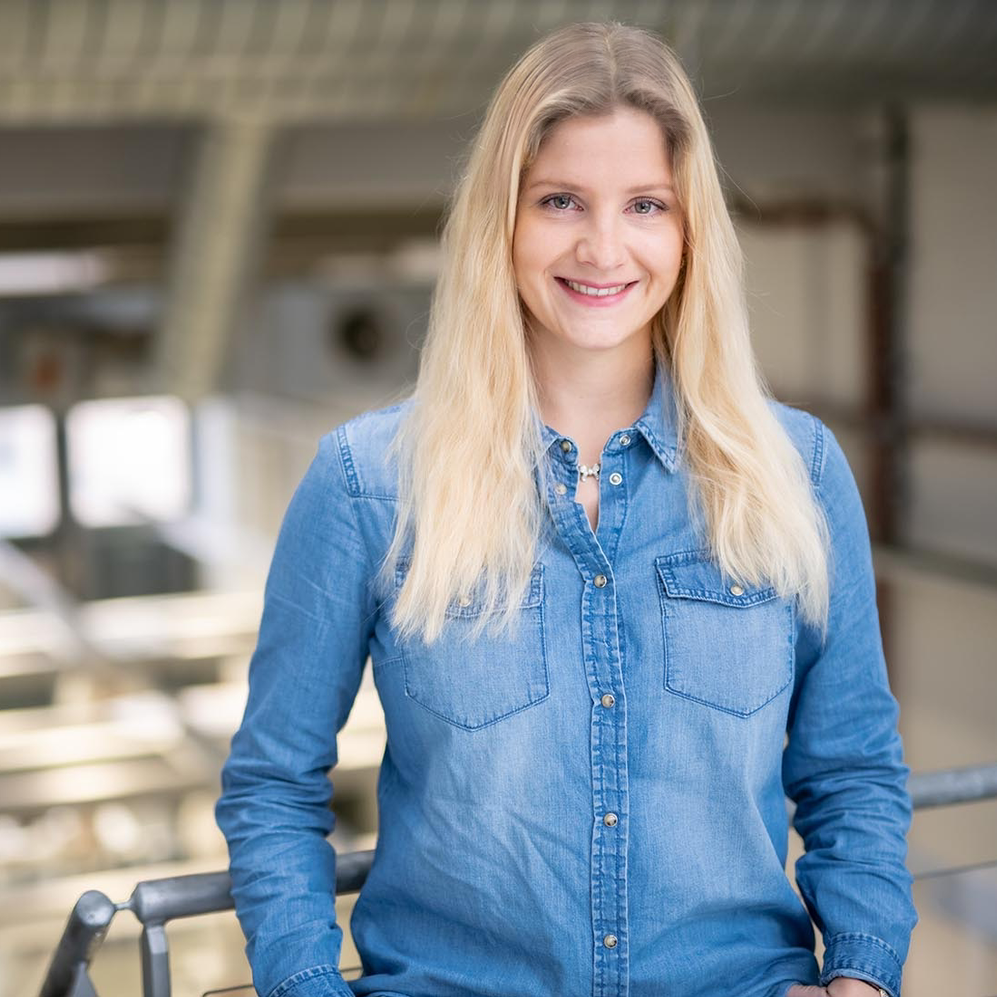Copyright 2025 © All rights Reserved. Design by Elementor

On July 8, the newly created business network of the Prosperkolleg was launched, in which participants exchange information on the topic of the circular economy and discuss circular business models and their implementation in the company. At the online event, Mr. Dominique Pfeiffer gave insights into the strategy of Philips Medical Systems as a speaker and also talked about the challenges that still need to be overcome for Philips as a pioneer in the Circular Economy.
Closing loops requires not only individual companies, but all the players in a value chain. For this reason, the Prosperkolleg has launched a business network on the Circular Economy. This is because it is primarily in practice-based dialog that potential can be uncovered together and specific processes developed in order to strengthen Emscher-Lippe as a business location in the long term and make local companies fit for a circular future. The kick-off took place on 08 July 2021. The network, which meets every two months, is intended to be the engine for a future-proof and climate-neutral economy in the region. Through a high practical relevance of the contents, a low-threshold access to the subject area and a trustful space for exchange with like-minded entrepreneurs, the Prosperkolleg wants to support companies in implementing and consolidating circular approaches.
For the first meeting, Philips Medical Systems, a pan-European pioneer in the Circular Economy, could be won: The participants gained insights into the Philips company and its strategy towards circular products and manufacturing processes. For this purpose, Mr. Dominique Pfeiffer (Program Manager Sustainability at Philips Medical Systems) was welcomed as the first speaker of the network.
He explained to the participating entrepreneurs that global challenges require urgent action and that the linear, waste-producing economy based on the take-make-break model is not sustainable in the long term. For this reason, Philips Medical Systems has established a series of voluntary commitments to be achieved by 2025. In addition to expanding the range of circularly designed products, services and solutions, concepts of waste prevention and the establishment of a take-back system for all professional medical equipment also play a crucial role. In this way, materials and raw materials used are to be kept in cycles for as long as possible. Economic growth of the company is thus decoupled from resource consumption. Step by step, Philips is developing its own comprehensive circular business model that is economically sustainable and crisis-proof.

The topic of “Product as a Service” met with particular interest. For example, Philips offers “the toothbrush for hire”. The “rent instead of buy” model delivers suitable accessories directly to your home. In this strategy, cycles are thought through to the end, including in the area of medical devices.
The advantages are clear: the company continues to own the product and takes it back when it is no longer needed. In this way, Philips can ensure that all materials placed on the market are reused or fed into new cycles. After all, the manufacturer knows best which components and materials are built into a product. Customers, on the other hand, only pay for access to and use of the equipment and can access functional and modern technology at any time. In this way, Philips can not only contribute to resource conservation and position itself as a sustainable company, but at the same time has a direct economic incentive to develop more durable, modular and repairable products. Over the service life of the product, there are also many opportunities to interact with customers, to learn about their wishes and requirements, and thus to offer additional services related to the use of the product. The additional contact points with customers in such a service model consequently also serve to improve customer relations.
Furthermore, Dominique Pfeiffer also points out challenges. Processes and structures often still have to be found and rebuilt, which can be a long way off, especially in large companies. Regulations in the field of medical devices are often very strict. Thus, objects cannot simply be passed on to new owners. For example, they must be extensively decontaminated and cleaned in advance. It becomes clear that even a corporation like Philips has not yet reached the end of the journey to the Circular Economy. “The crucial thing, however, is to dare to take this step and set out on the path,” Dominique Pfeiffer concludes.
Are you an entrepreneur:in and would like to learn more about the Circular Economy and its potential for your business? We invite you to join us at the next meeting on September 16, 2021. Cornelia Obitz talks about “Circularity at IKEA – a better life within the limits of our planet”. Click here for registration.